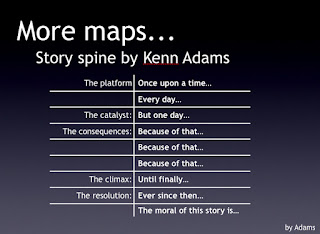Here is a link to Khoa Do's own website: http://www.khoado.com.au/
Khoa told the amazing story of how his family came to Australia and the challenges they faced as a family and the goals he set for himself.
Khoa's key message was about the difference we can make to young people in our communities.
We all need resiliance - you will get knocked down over and over and over again. But with resiliance you will carry on and success desite all of the obstacles. Young people have to learn that they will not always succeed. And sometimes we actually have to set them up to fail so they can learn what failure is and how to deal with failure. Sometimes the biggest lessons happen due to failure - and I can testify to that!!
Sometimes it pays to be late!! This was great news for me, as I am always late! Khoa explained how sometimes the most amazing and fruitful things have resulted from him being late to an event or meeting.
Khoa explained that we do not always get what we want or into what we want to get into. Sometimes we have to make our own way to achieve the goal we are working towards, and that may mean not going down a traditional pathway. And sometimes our eyes have to be bigger than our belly in order to succeed.
We have to set ourselves up for success. Did you know that not only does Robert De Niro know his own lines when he does a movie, but he also knows the lines of all the other characters in the scene?
Some key ideas to leave you thinking:
- If it is what you are passionate about then that is the story we will tell.
- Knowing your weaknesses sometimes is better than knowing your strengths.
- Success isn't about what we're born with - it's about what we do with what we are born with.


.JPG)
.JPG)



